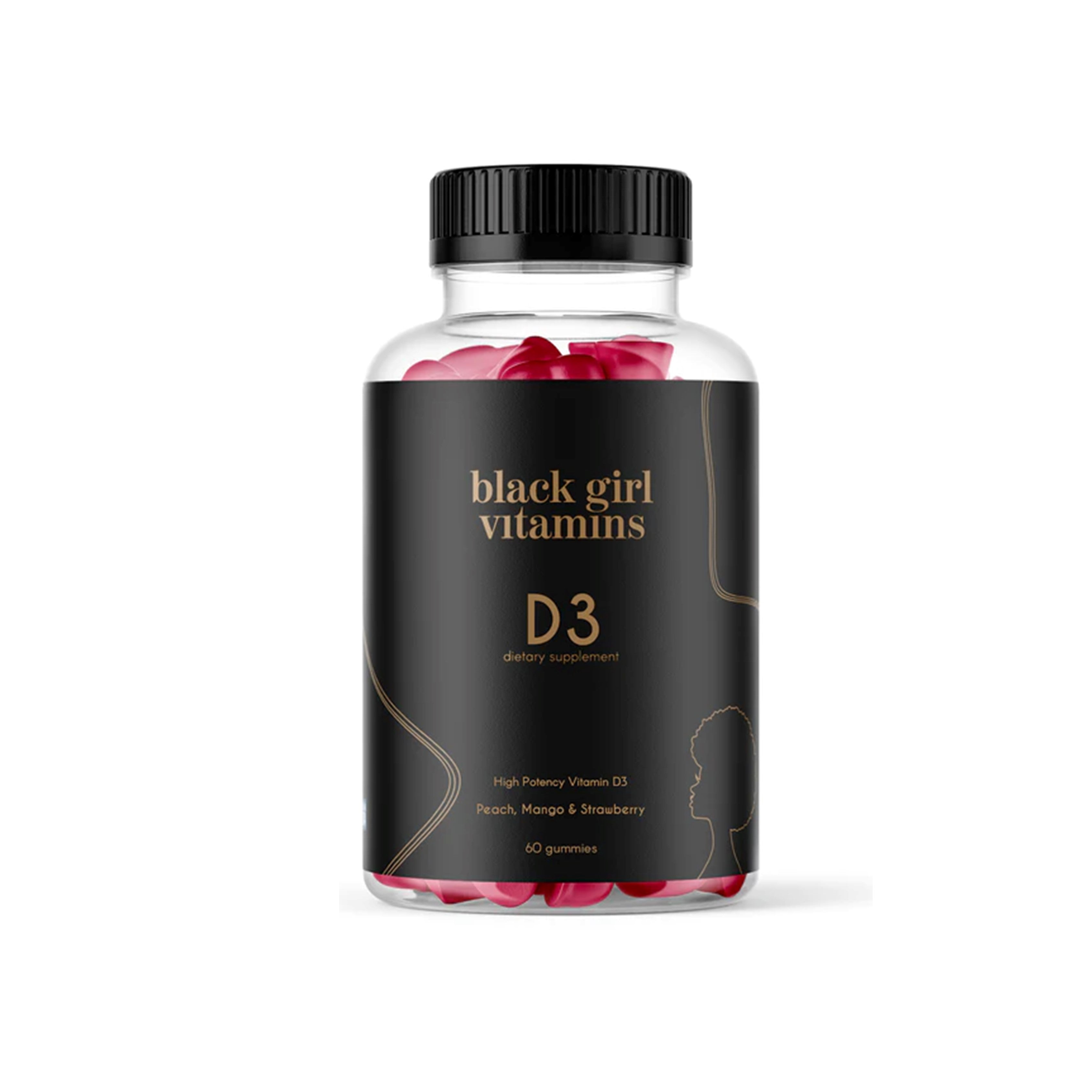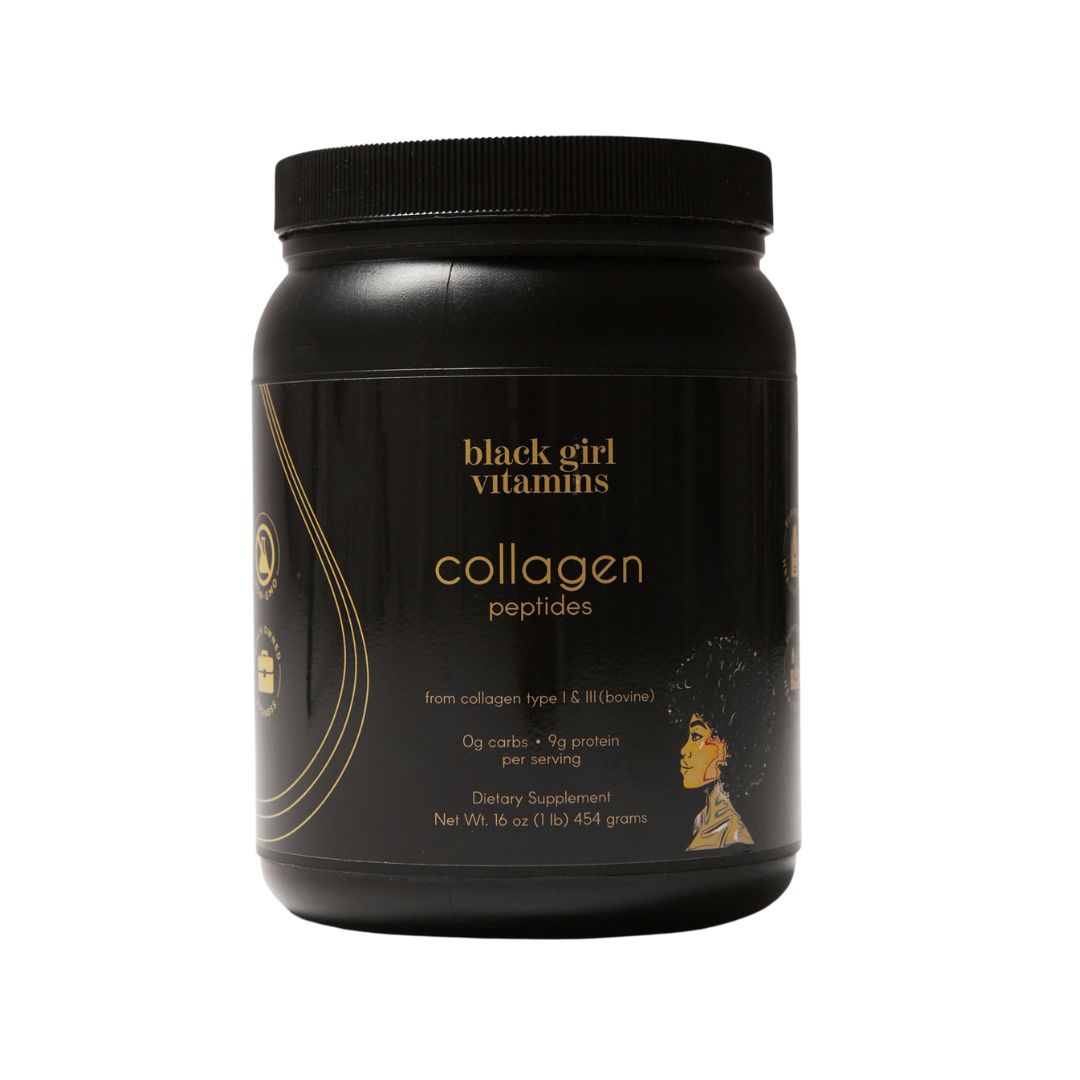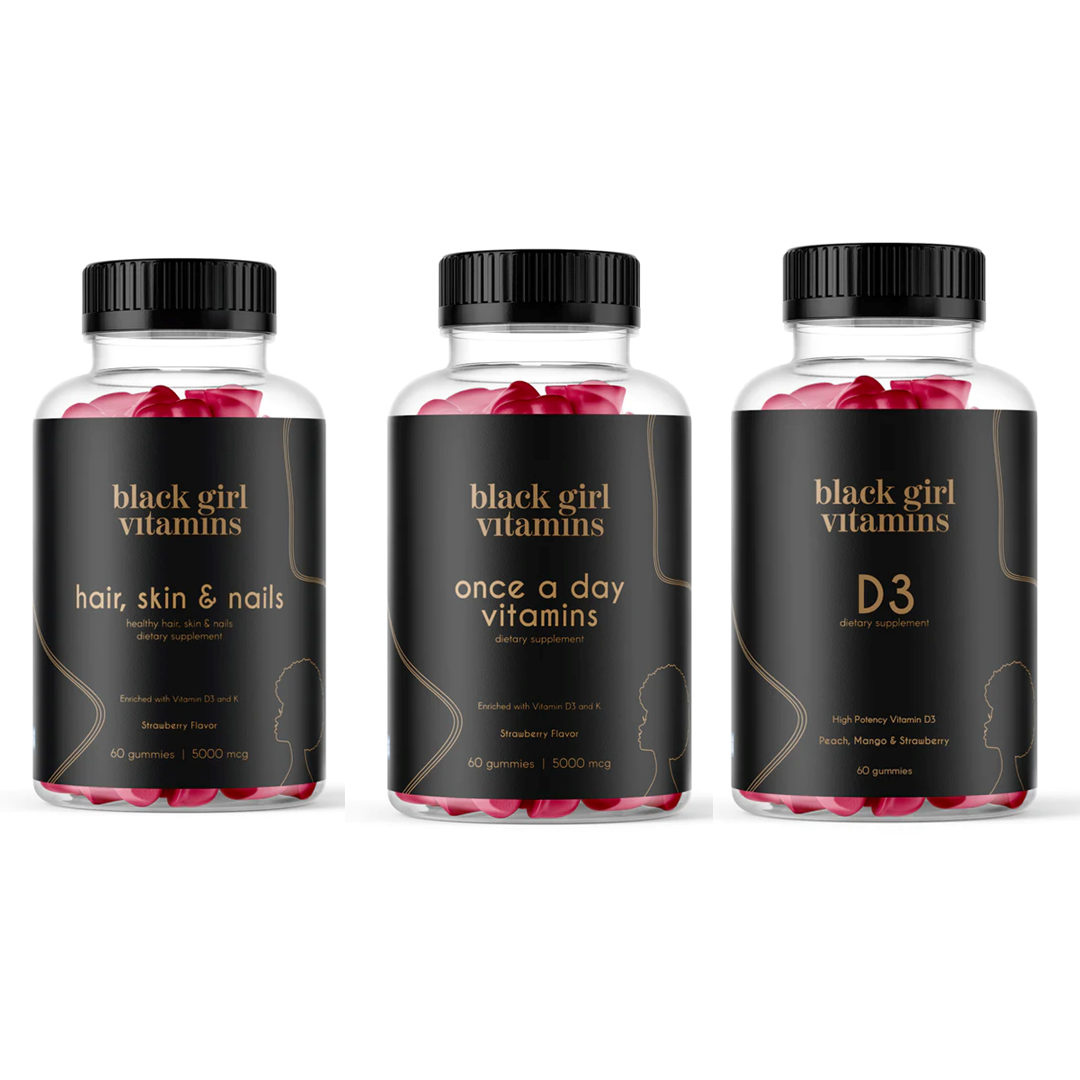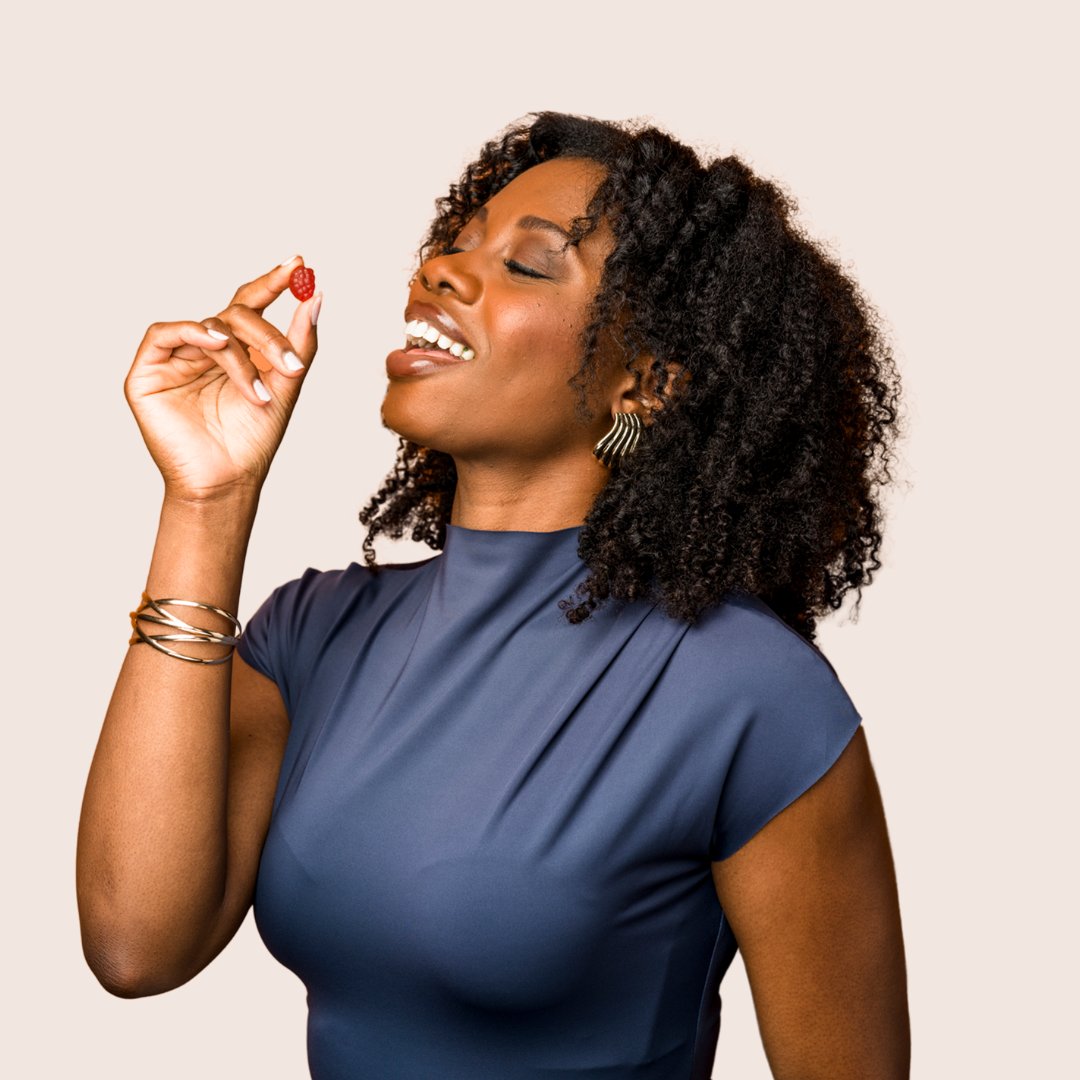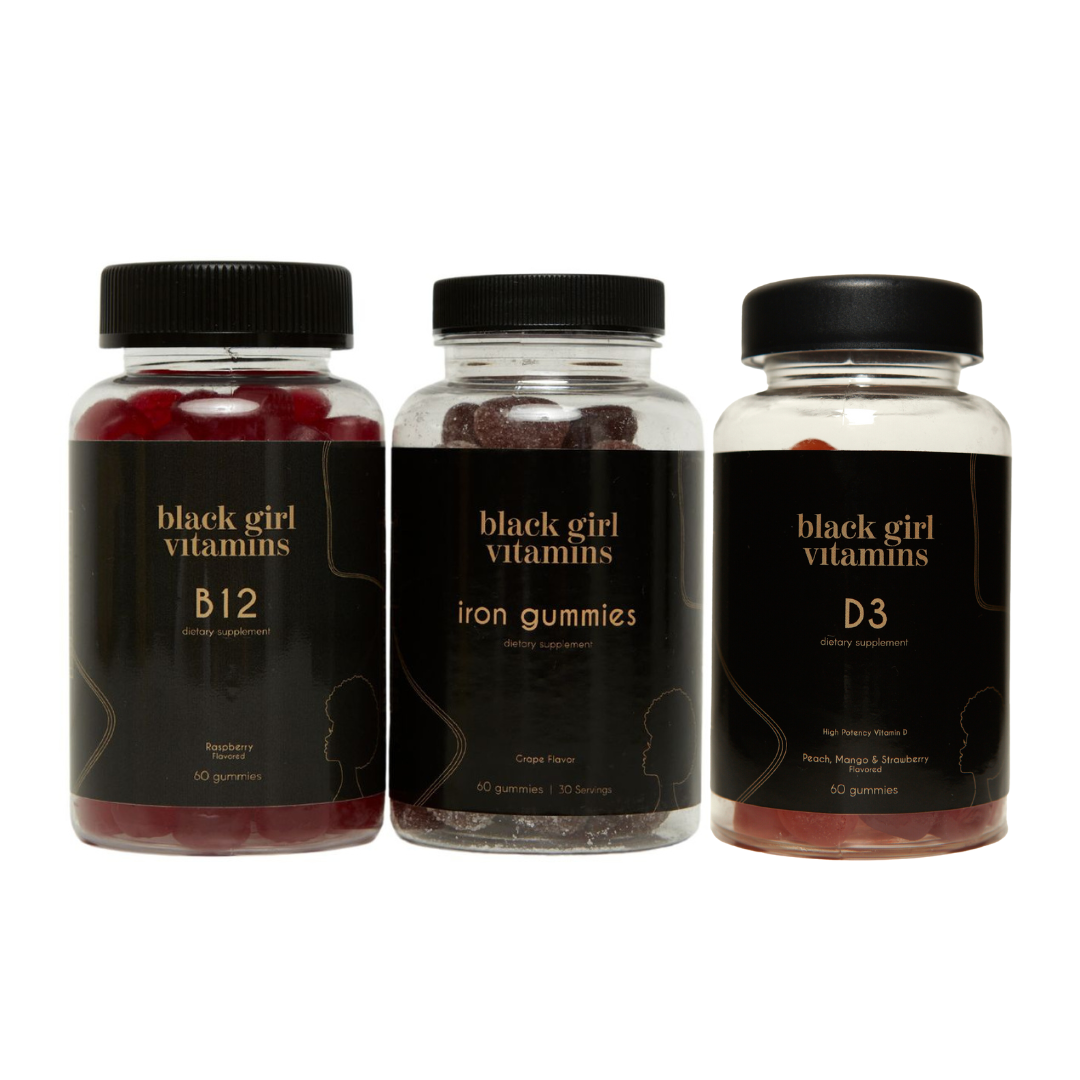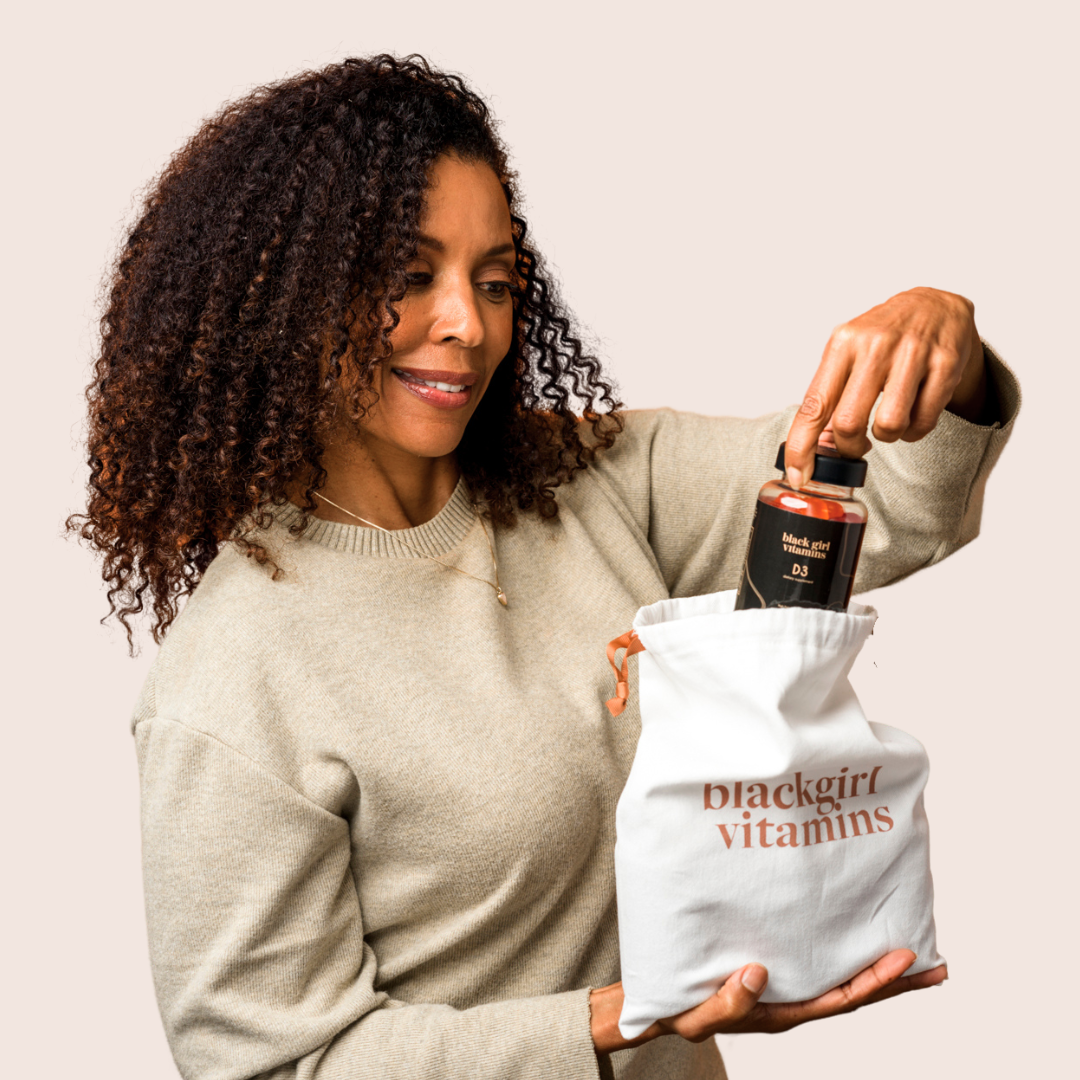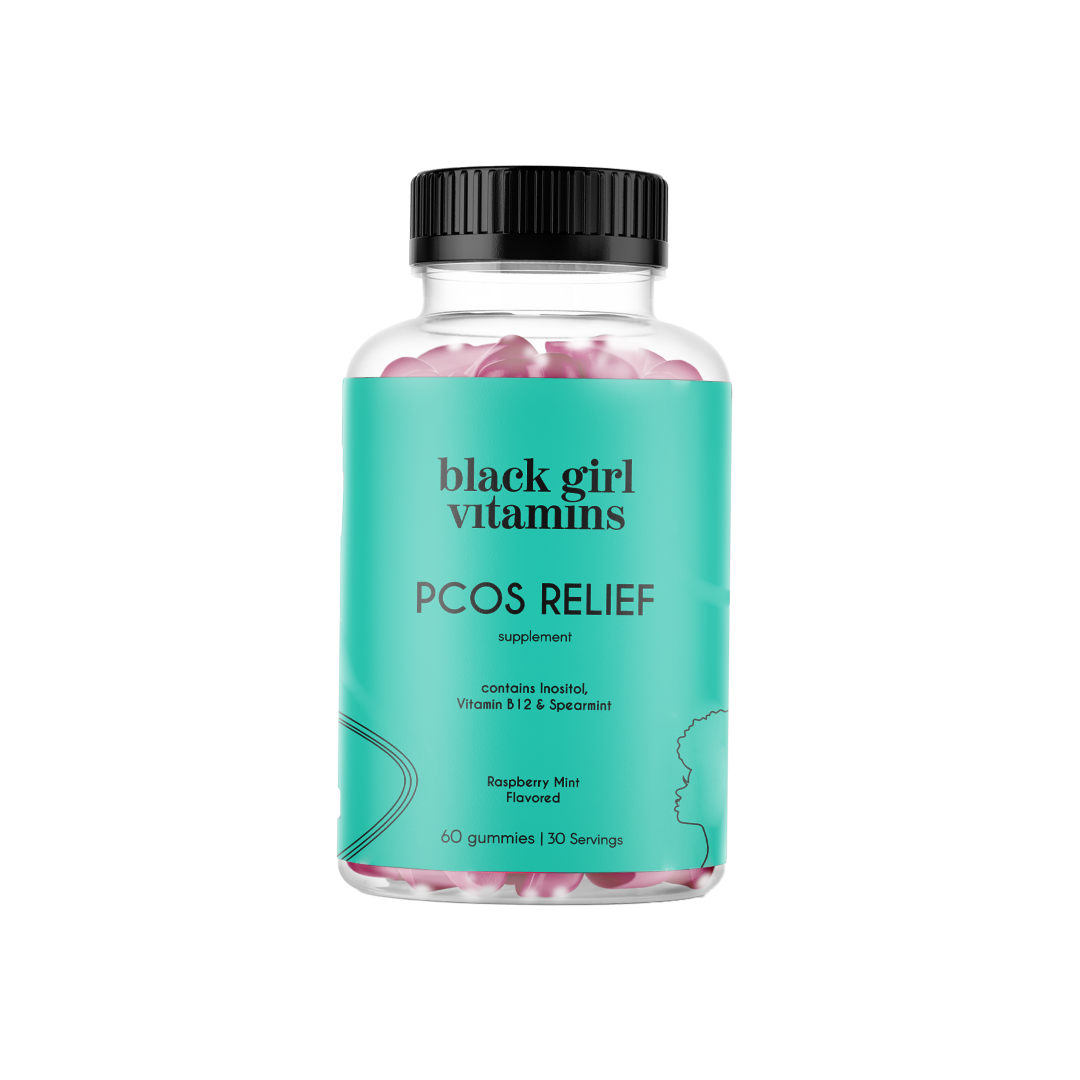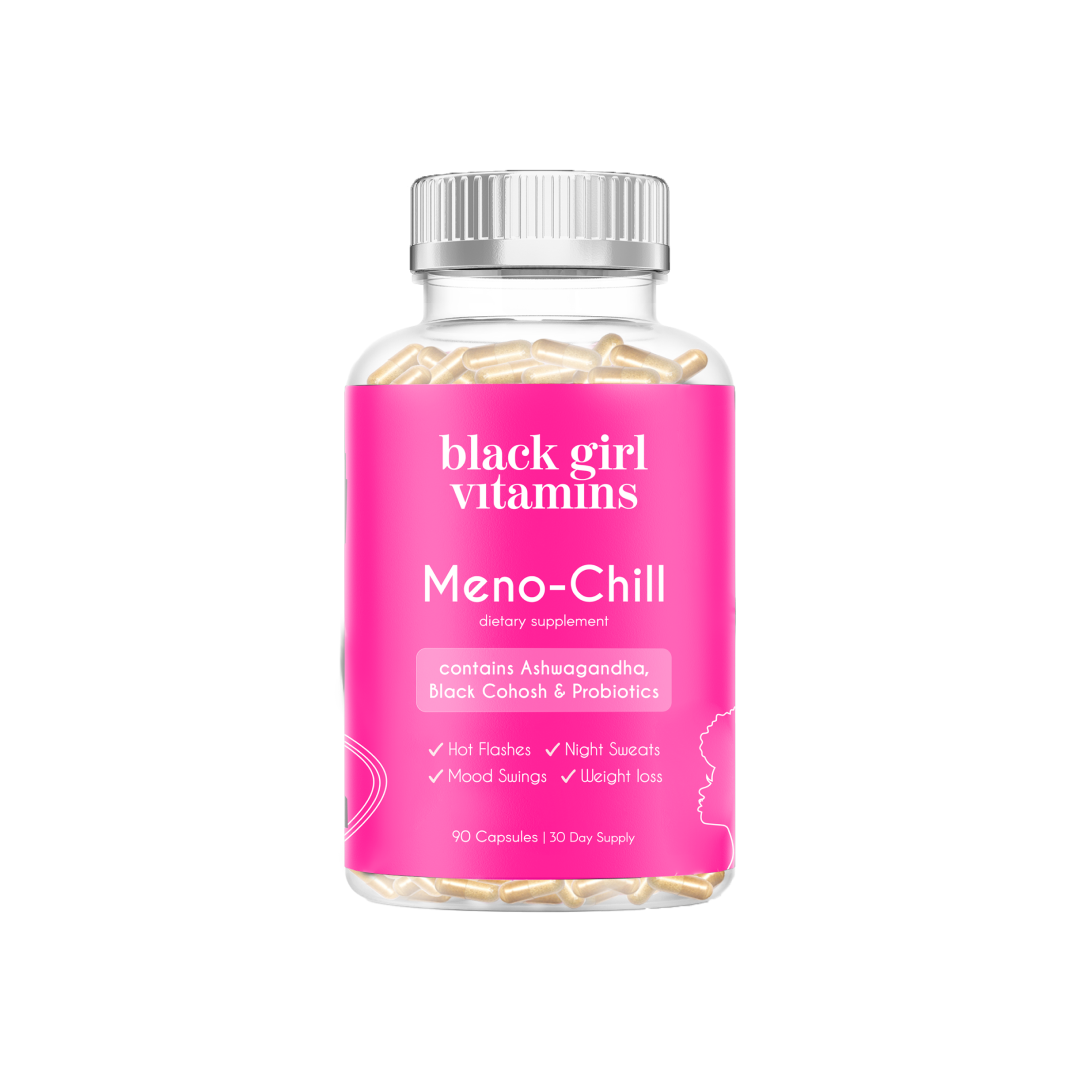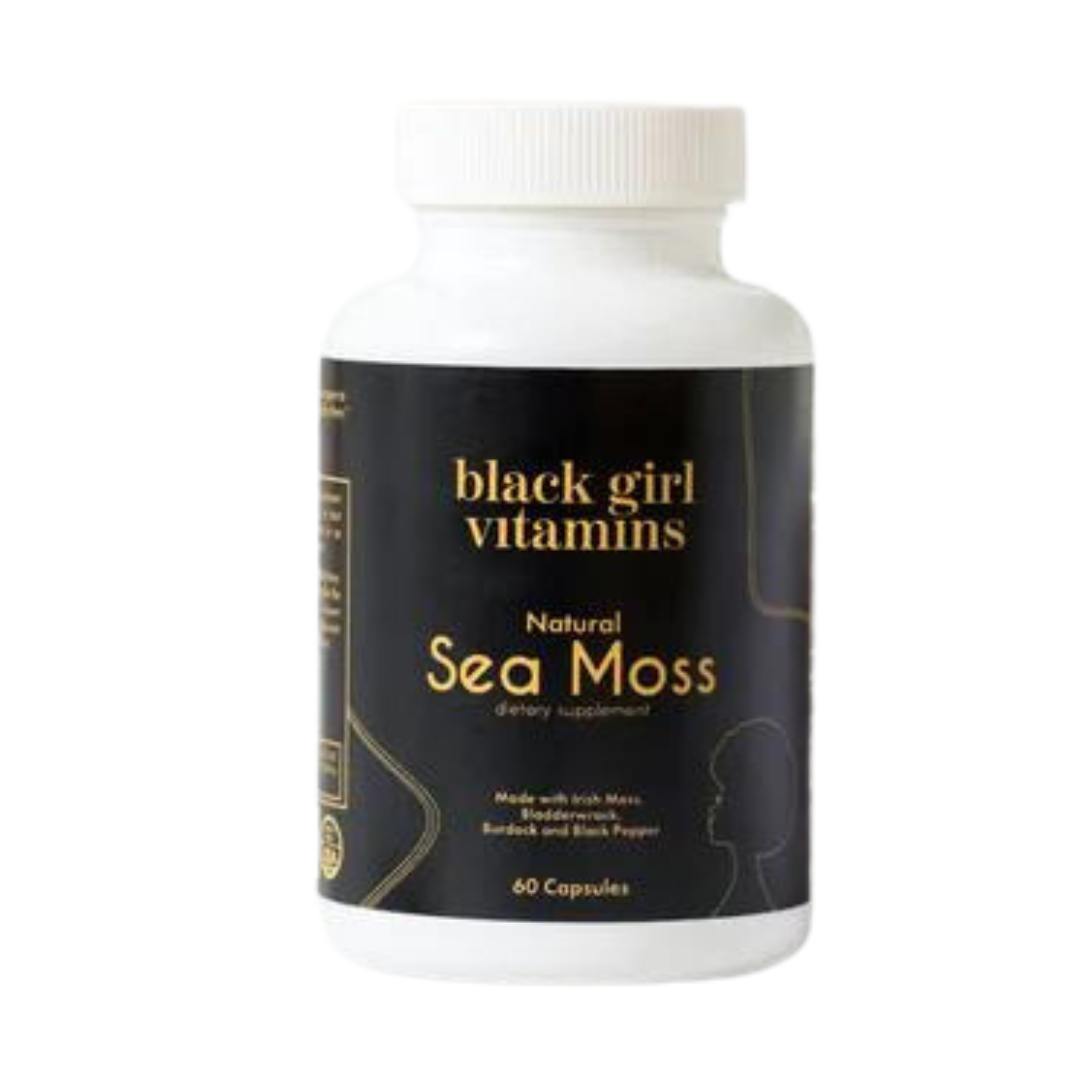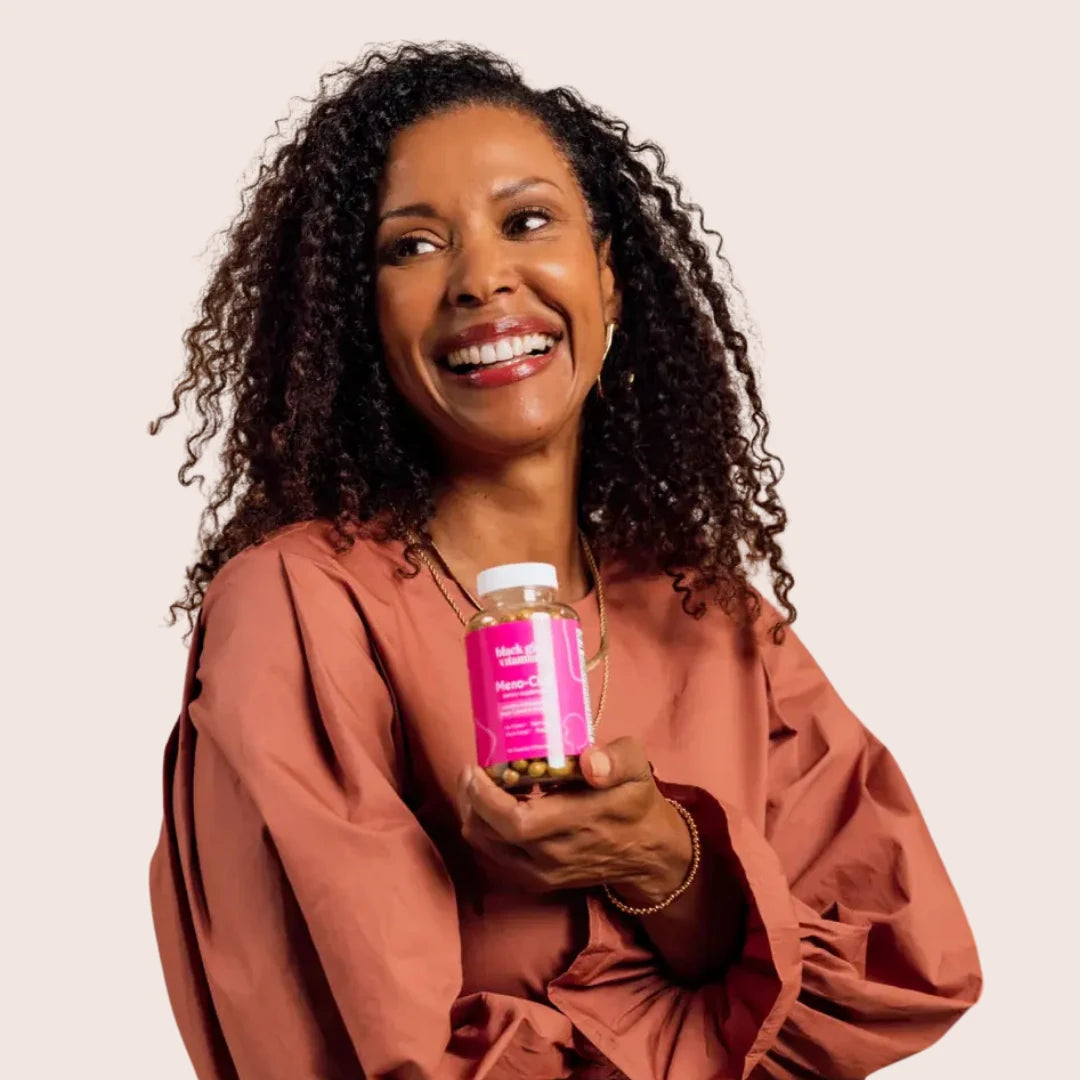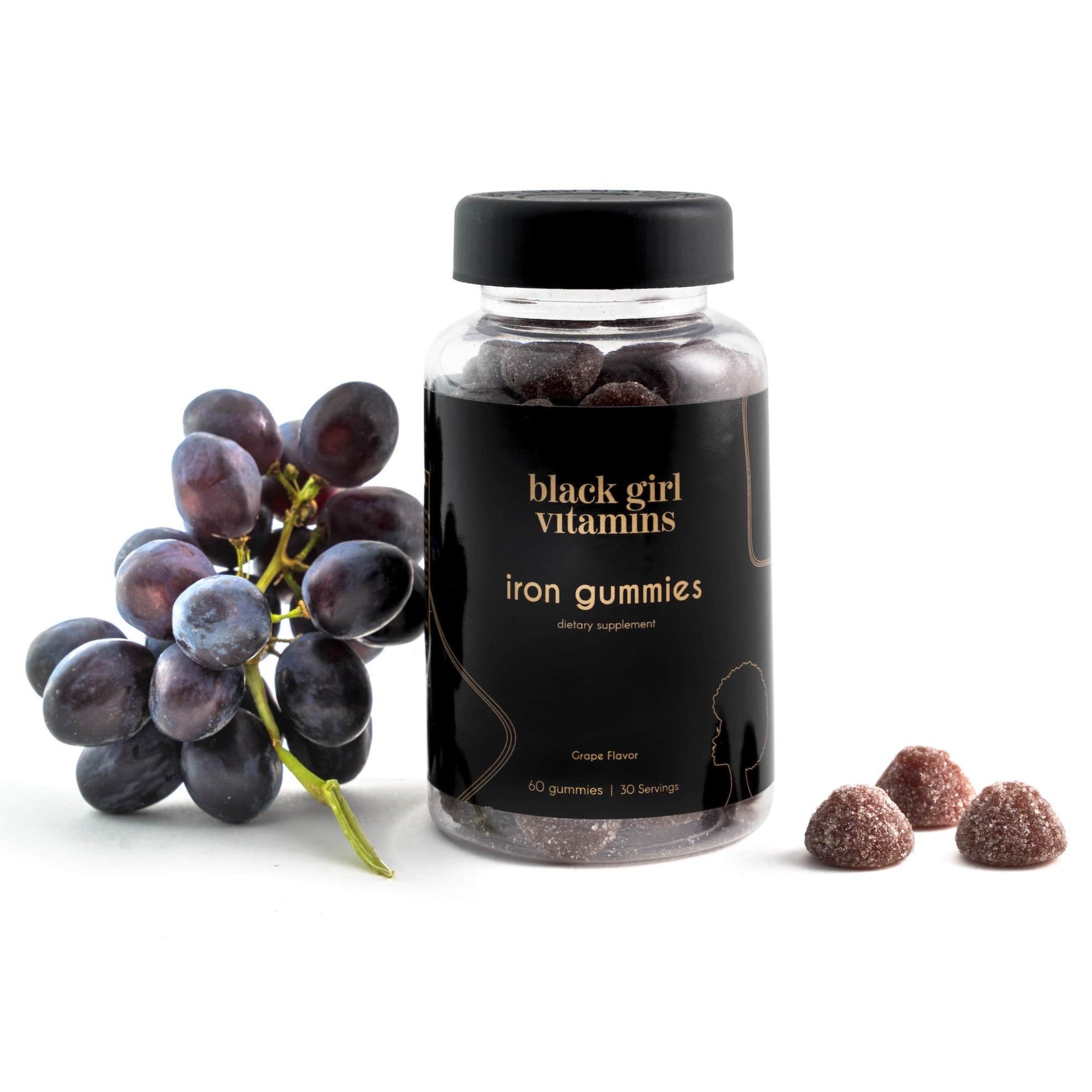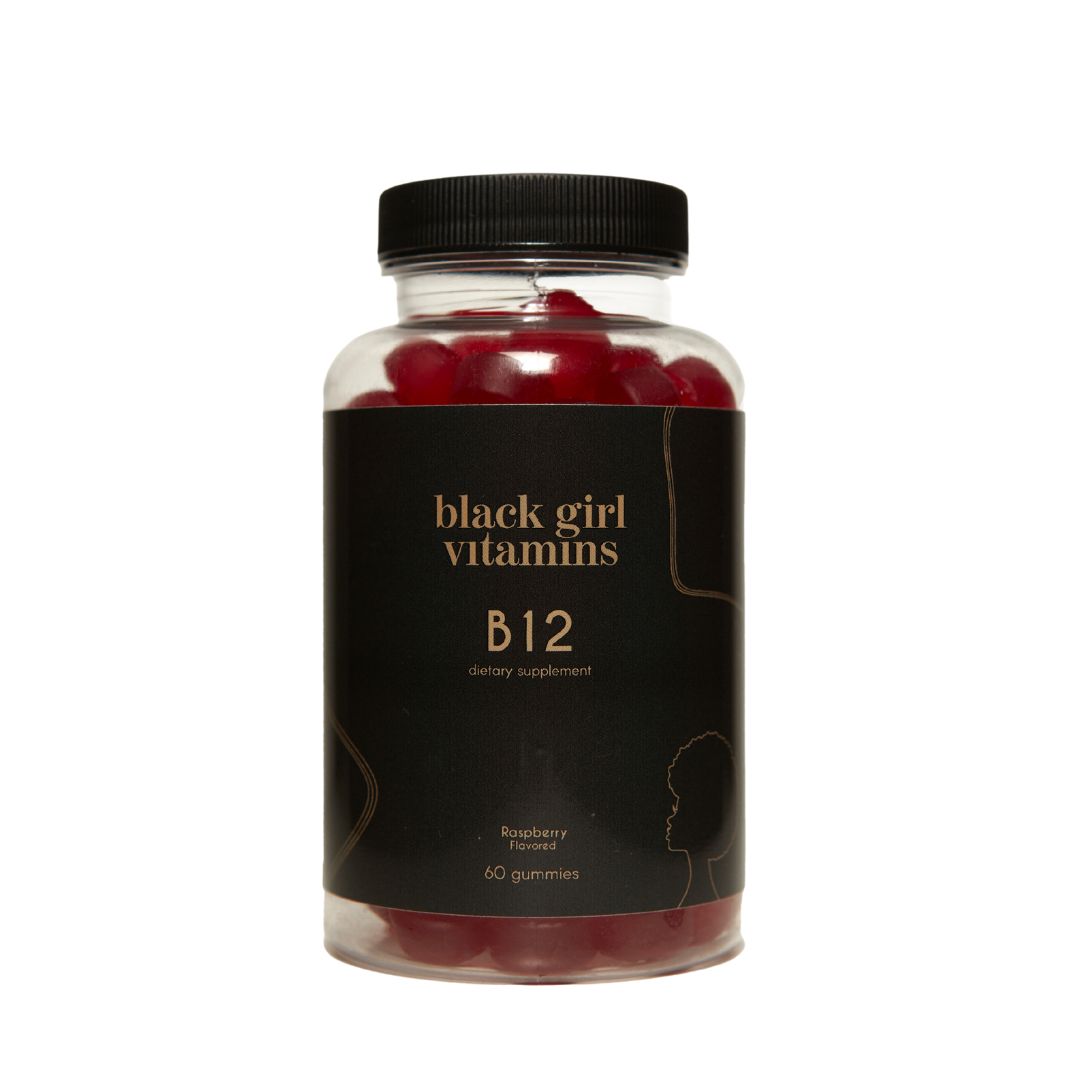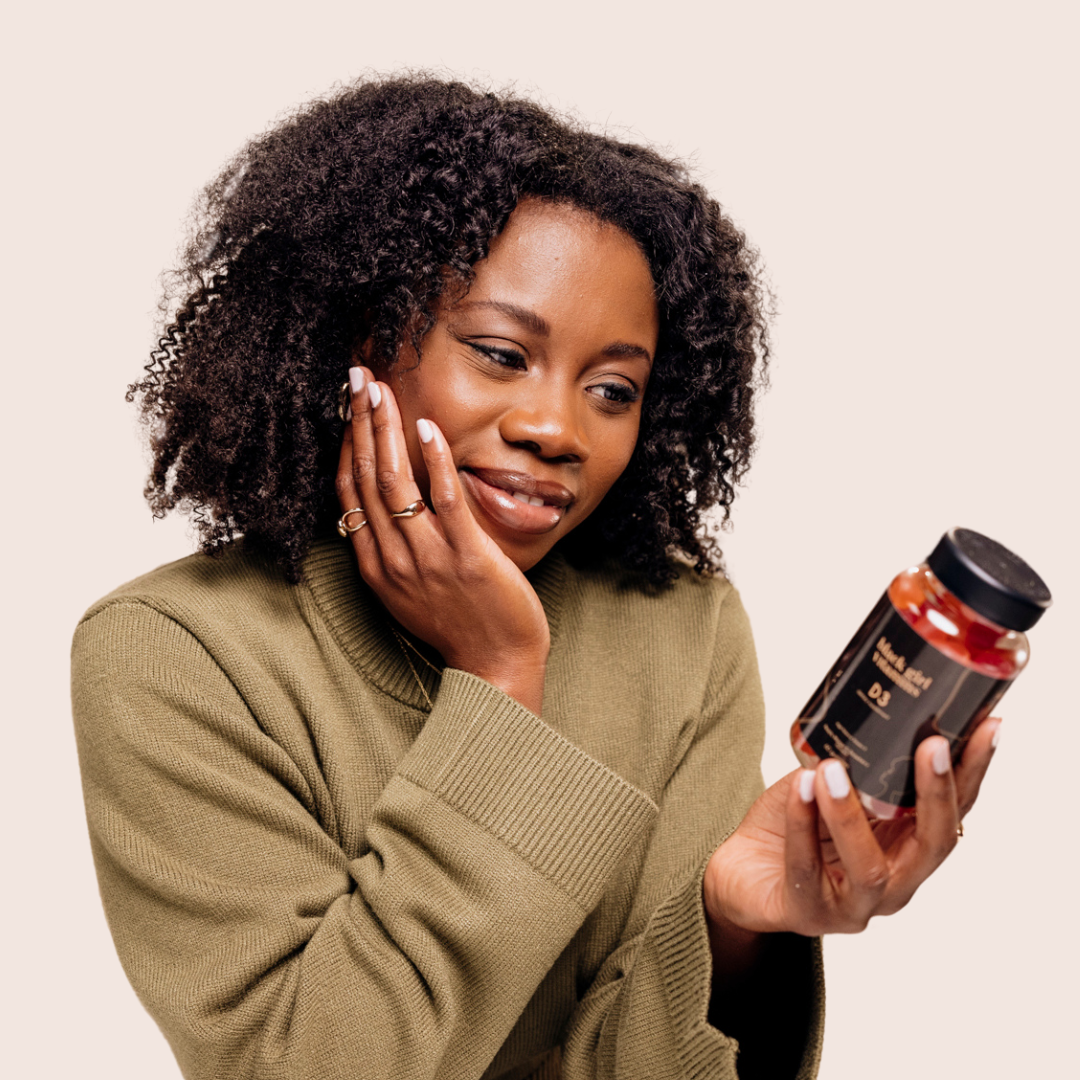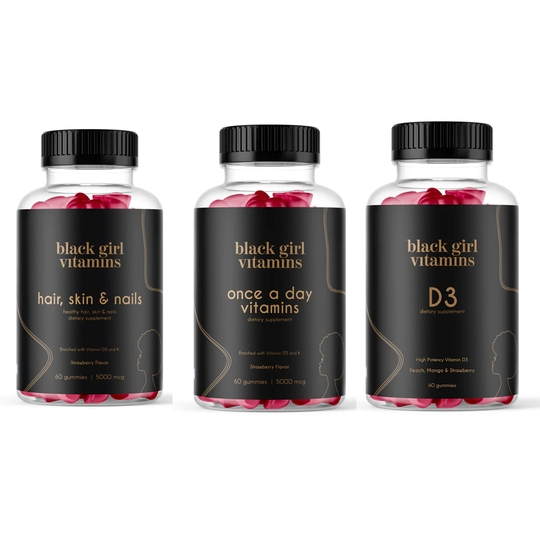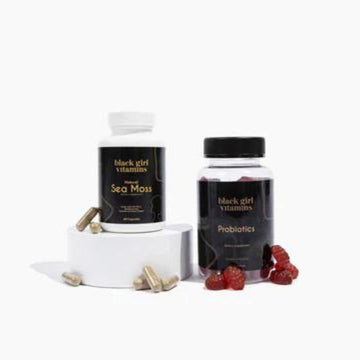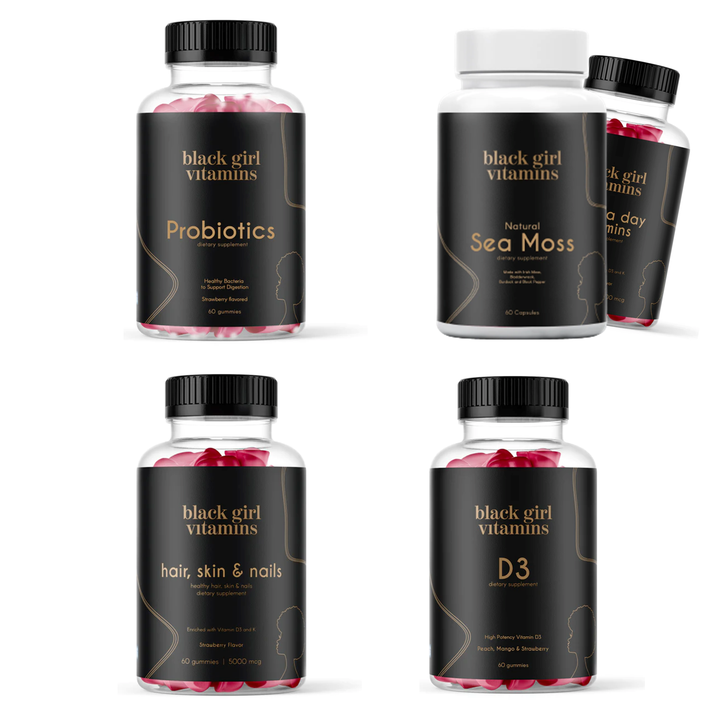Vitamin Deficiencies That Cause Hair Loss for Black Women

Reviewed by | Bryanne N. Standifer-Barrett MD
Queen, you know your hair is more than just the number of strands on your head. It’s part of your cultural heritage, identity, and self-expression within our community. Celebrating your crown can take many forms, from intricate braids to natural curls.
Unfortunately, more and more Black women are losing their hair and don’t know which vitamin deficiencies contribute to hair loss.
Hair loss can feel devastating, especially when we use our hairstyles to reflect our history and personal stories. Losing it does more than change our physical appearance. It can harm our mental and emotional health, increasing the need for a better understanding of the problem and developing solutions.
One of the most overlooked contributing factors to hair loss in Black women is vitamin deficiencies. Today, we’re exploring the connection between various vitamins and hair health. We want to empower Black women like you with the knowledge to nurture your hair from within.
Why Is Hair Loss Different for Black Women?
Hair loss shows up differently for Black women compared to other demographics. Our struggles are multifaceted because we have very specific hair care practices and genetic predispositions that can play a part. Our communities have three primary types of hair loss: traction alopecia, central centrifugal cicatricial alopecia (CCCA), and androgenetic alopecia.
Traction Alopecia
Repetitive styling methods, such as those gorgeous tight braids, dreadlocks, or extensions, and ponytails put constant tension on your hair follicles and can cause hair loss where it’s pulled tightly. If you have traction alopecia, you might feel swelling and bumps, in addition to seeing broken or thinning hairs.
CCCA
This type of hair loss usually starts at the top of your head and extends outwards like ripples on a pond. Symptoms like itching, burning, or tenderness are common. If not treated promptly, it can lead to permanent scarring and hair loss.
Androgenetic Alopecia
Often called “female pattern hair loss” in women, this condition affects all genders and is caused by a combination of genetics and hormones. In women, the symptoms usually start with hair thinning at the top of the head while leaving your front hairline intact.
Beyond these external factors, imbalances in your body, like vitamin deficiencies, can worsen hair loss. Your genetics and styling practices will contribute, but understanding how to support your hair follicle health is critical to keeping your crown as healthy as possible.
What Vitamins and Nutrients Support Hair Health?
When addressing hair loss concerns, several vitamins and nutrients have an essential role in maintaining vibrant, healthy hair among Black women:
Vitamin D
Vitamin D helps support proper hair follicle cycling and hair growth. Achieving optimal vitamin D levels is challenging for Black folks because the increased melanin levels in your skin reduce your body’s ability to absorb it from sun exposure.
Many Black women have a vitamin D deficiency, along with symptoms of fatigue, bone pain, and hair loss.
According to studies, insufficient vitamin D levels are associated with hair thinning and reduced density. You can get more through fatty fish, dairy products, and high-quality vitamin D3 supplements to support your hair health.
Iron
Did you know iron promotes healthy hair growth and maintenance by transporting oxygen to your hair follicles?
Black women are at higher risk of developing iron deficiency anemia due to heavier menstrual periods and dietary gaps. Symptoms include fatigue, brittle hair, and shedding.
You can increase your iron by eating more iron-rich foods like leafy greens, lean meats, and beans. If you have a severe deficiency, your doctor may prescribe iron supplements to help restore optimal levels and encourage hair regrowth.
Vitamin B12
Hair follicle renewal depends on cell division, and you need adequate B12 for that. Vitamin B12 deficiencies can lead to hair thinning and loss. You may also recognize symptoms such as weakness, tingling sensations, and difficulty concentrating.
Vitamin B12 is naturally found in various animal products, including dairy. However, if you have a restricted diet or absorption issues, you may need additional supplements from a trusted provider.
Vitamin B7 (Biotin)
Biotin is credited with promoting new hair growth and maintaining healthy skin and nails. Deficiencies in this vitamin are rare because it’s in so many foods, but certain conditions or dietary choices can lead to deficiencies.
Symptoms of inadequate vitamin B7 are brittle nails and thinning hair. If you do take supplements, be careful about your dosage because too much can cause side effects and interact with medications.
Zinc
Zinc is an essential mineral (essential meaning we have to get it from our diet) that plays a vital role in DNA synthesis which allows our body to grow and repair itself.
Zinc is a vital nutrient that can promote hair follicle health. Zinc deficiency can lead to hair thinning or loss because it can affect the protein structure of the hair.
Your Natural Hair Is Your Crown
Understanding which vitamin deficiencies can support hair health and growth is critical to preserving your glorious hair. Getting enough vitamin D, iron, vitamin B12, and biotin before deficiencies occur can encourage hair growth and reduce the risks of hair thinning or loss.
Using a holistic approach to support your hair health makes reclaiming your hair’s natural strength and beauty easier. Incorporating products that are developed to meet your unique needs as a Black woman can help you celebrate the beauty of your hair and preserve it for the years to come.
Sources:
Androgenetic Alopecia | MedlinePlus
Role of Vitamin D in Hair Loss: A Short Review | National Library of Medicine





